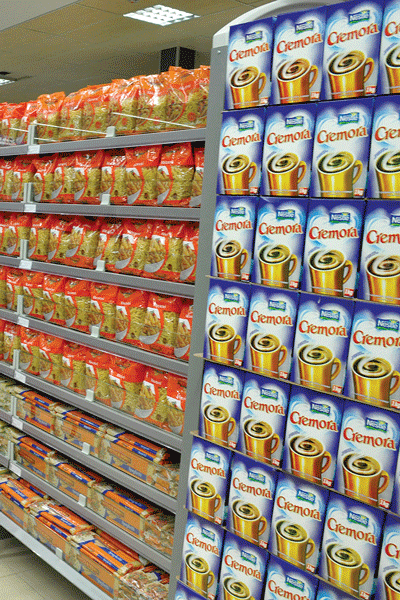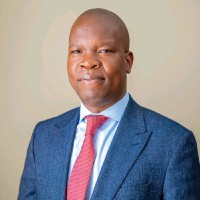
THE solution to the wanton price increases for basic commodities in the country lies in the use of a proper currency and not bond notes, analysts have said.
BY MTHANDAZO NYONI
They said the setting up of an ad hoc committee by the Zanu PF politburo was irrelevant and would not solve the problem. Zanu PF politburo recently set up a committee led by Vice-President Constantino Chiwenga to deal with price increases for basic commodities.
Prices of most basic commodities have almost doubled since November last year, mainly due to speculation and profiteering among producers and retailers.
Economic analysts and former Industry ministers who spoke to Standardbusiness last week said price hikes in the country were caused by the shortage of foreign currency.
Zimbabwe is using a multi-currency system with the US$ and bond notes topping the list.
“The government which we are having in this country remains clueless as to what needs to be done in order to take this country back on track,” former Industry and Commerce minister, Welshman Ncube, said.
“Without addressing the currency issue, the spikes in prices will continue. There is need to address economic fundamentals which are wrong and fund the productive sector. The setting up of the committee is just child’s play and completely irrelevant. The government is fiddling and fidgeting while the country is burning.”
- Chamisa under fire over US$120K donation
- Mavhunga puts DeMbare into Chibuku quarterfinals
- Pension funds bet on Cabora Bassa oilfields
- Councils defy govt fire tender directive
Keep Reading
Ncube said instability of the currency situation in the country, which was caused by the introduction of bond notes, was the biggest driver of fluctuation in the prices of basic commodities.
Economic analyst Reginald Shoko, said the committee was still at party level and it would only have serious effects to the economy when its contributions were brought to government.
“The real issue around price increases is the unavailability of foreign currency on the formal market and the issue of our manufacturing capabilities,” Shoko said.
“So the committee must address such issues for it to be effective. If the committee will just address price increases, then it would be dealing with symptoms, not the real cancer but in the same vein, it must be acknowledged that some unscrupulous businesses get foreign currency from the central bank and perpetuate the current madness,” he said.
Shoko said the committee must also look into corruption and profiteering syndicates around foreign currency trade between formal and informal sectors which led to the current state of prices.
“We need to get our fundamentals right throughout the economy. We cannot continue without a proper currency. The bond note is now causing a lot of headaches with its limited circulation based on the loan availed to RBZ,” he said.
“We need to bite the bullet by either introducing a national currency which will trade with the foreign currency, like is happening in Zambia, or use the rand as a base currency replacing the greenback. We need to restore RBZ’s powers of managing money supply to avert the current cash shortages. With cash shortages price manipulation will continue.”
Economic analyst, John Robertson said no details had been provided about the leverage this committee might have in imposing penalties, nor in enforcing price controls and warned that going that route would be disastrous.
He said prices had gone up to accommodate premiums charged on buying foreign currency and “the real cause of the increases is therefore the shortage of money for imports.”
“Unless the committee is empowered to promote improvements in export revenues or promote local production to make the imports less necessary, they will be addressing the symptoms, not the underlying problem,” the economist said.
Robertson said attempts to impose price controls would result in black markets developing and prices would get even higher.
Price controls never deliver the right answers, he said.
He said some of the reasons for increasing prices included licence payment, permit costs and government regulations requiring payment of sorts.
“These are hidden forms of taxation that increase cost; for example, South African goods sold in Zimbabwe are more expensive than the same South African goods sold in Zambia. Government should eliminate all these additional costs so that these costs do not have to be recovered in higher prices,” Robertson said.
He said the best way to keep prices down was to encourage competition.
“Many previous competitors have been forced out of business by high running costs, so now the surviving traders can get away with charging more. Government should lower the costs of doing business so that competition is encouraged,” he said.










